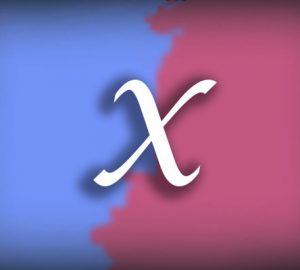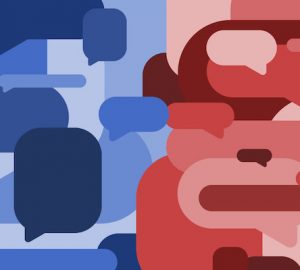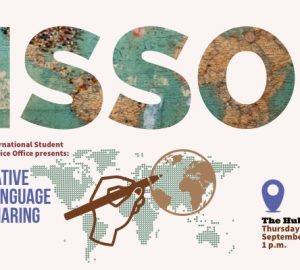I’ll be the first to admit, even though I’m considered a “youngin,” when it comes to text talk, most of my friends say I need practice, because I sound more like an adult when I sms. I used to brush off text abbreviations that I didn’t understand when I spoke to friends. For instance: LMAO, which I used to think was an apprehensive sigh in Shona (my native language), because it reads like the Shona word imawo. I continued thinking this way until I saw it used by my American friends on Facebook, then I googled it.
Before my self-educating text-talk endeavor, I honestly only had about four or five abbreviations I used, including basics like LOL and FYI. One of my cousins would always say TTYL at the end of her last messages to me. Before I found out what it meant, I thought her method of ending conversations quite abrupt.
OK, so I’m extremely behind. I know, but I wasn’t a frequent-texting or social-networking kind of girl until recently. My friend just told me that when she texts NP at the end of her message, it means No Problem. Who knew? I googled “texting language” and discovered a whole dictionary of phrases and definitions that I didn’t know existed. For the experts I’ve yet to meet, who are probably in a high school somewhere, a whole conversation can be had in abbreviations. And as much as this is an interesting notion of the times we are in, it leaves me a tad worried about the possible extinction of the English Language.
I’ve always loved the English language and found it fascinating, especially in poetry. I’m an avid follower of any aristocratic-based British movie, such as Elizabeth because I love to hear English in its purest and most original form. This beautiful language – once gibberish before I could understand it – introduced me to different cultures and ways of thinking and expressing myself. Ranking as one of the most widley spoken languages, it has carried us for generations, breaking barriers, building bridges and inspiring us through letters, speeches, conversations and other mediums. But sadly it is slowly drifting away.
The horrors of George Orwell’s 1984 seem to foreshadow what might be a reality in the not so distant future. Newspeak, a fictional language in George Orwell’s novel, is based on English but has simplified vocabulary and grammar. A 21st century Newspeak appears to be on the horizon and has already poured out into mainstream media, even paving its way into the grand old Oxford Dictionary. I get that when we text, chat or tweet, it’s all about maximizing the little space advocated by the powers that be. Abbreviations are a faster and easier solution to get in all you have to say without turning it into a speech, and sometimes we just can’t help it. But because this is how most of us spend our time conversing, it’s creeping into every other form of communication, and thus real words are disappearing as we jumble and manipulate letters and numbers to sound like what we mean.
How many times have you posted or texted “LOL” and have actually been laughing out loud? Maybe you crack a slight smile, but your text talk exaggerates it, and the meaning gets less and less literal and leans more toward intended or preferred meaning. For those of us who are ardent communicators when it comes to expressing feelings through the written word, it hurts when someone slaps you with just a “K” in response to a heartfelt message. I don’t think there was ever a day Mr. K thought that he would be able to stand alone as a word or complete sentence. I guess A and I are not the only letters that can stand as words nowadays. Even numbers are causing a type of recession for our once beloved ABCs, turning words like late to L8. I wonder how A,T and E feel about being booted?
So as a self-appointed representative of the entire alphabet: I urge you, for old time’s sake, to give our beloved letters their jobs back. Remember how it felt when you were left out or benched for anything. Try and include all letters of the alphabet in words and sentences. Use them when you post a comment or update your Facebook status. Try literally responding “laughing out loud,” to a friend. It means the same thing as LOL but has a stronger impact. I declare the month of February “Alphabet Month.” We owe at least that much to our forgotten heroes, our first ever friends to introduce us into the world of speaking, singing and writing. We all remember the timeless song and will one day hopefully sing it to our children. Together now, A-B-C-D-E-F-G-H-I-J-K-L-M-O-N-P-Q-R-S-T-U-V-W-X-Y and Z. Now I’ve sung my ABCs. Next time won’t you sing with me?



























